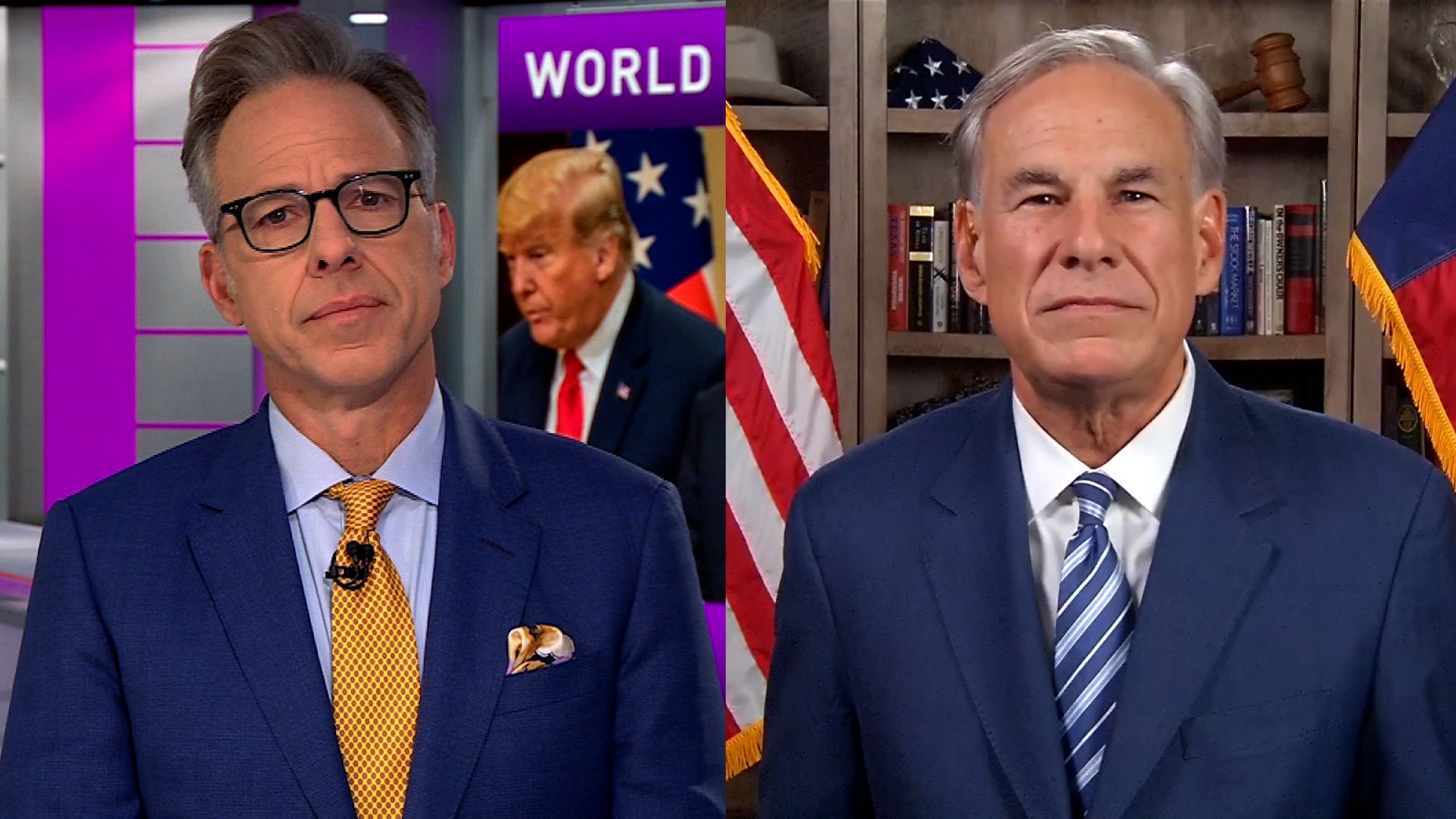Entities mentioned:
- Texas Democratic lawmakers: Determination, Justice, Influence
- Texas Republicans: Power, Control, Ambition
- Rep. John Bucy: Righteousness, Duty, Influence
- Texas House Speaker Dustin Burrows: Control, Power, Duty
- Governor Greg Abbott: Determination, Power, Control
Article Assessment:
Credibility Score: 75/100
Bias Rating: 55/100 (Center)
Sentiment Score: 35/100
Authoritarianism Risk: 45/100 (Mixed/Neutral)
Bias Analysis:
The article presents both Democratic and Republican perspectives, quoting from multiple sources. While it gives slightly more space to Democratic viewpoints, it maintains a relatively neutral tone in describing the actions and motivations of both sides.
Key metric: Electoral Competitiveness
As a social scientist, I analyze that this standoff over redistricting in Texas highlights the intense political struggle for control over electoral maps, which directly impacts the balance of power in the U.S. House of Representatives. The Democrats' strategy of leaving the state to break quorum is a high-stakes move to prevent what they see as unfair gerrymandering. The Republicans' response, including the governor's threat of continuous special sessions, demonstrates the importance both parties place on this issue. This conflict underscores the broader national debate about redistricting and its effects on democratic representation, potentially influencing future electoral outcomes and the overall competitiveness of elections in Texas and, by extension, the nation.











